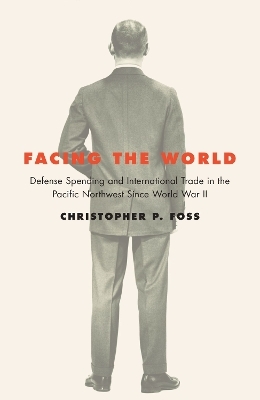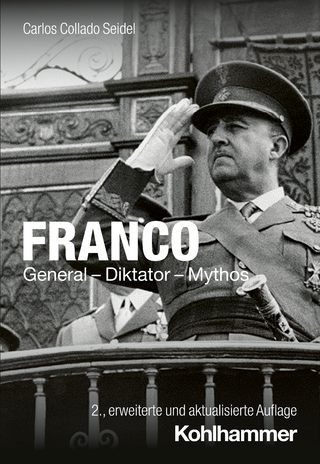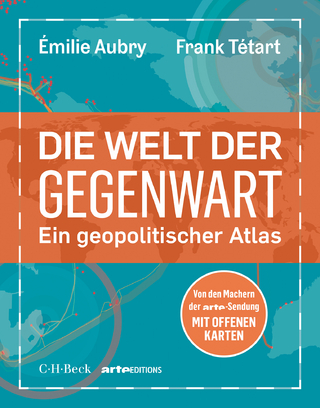
Facing the World
Defense Spending and International Trade in the Pacific Northwest Since World War II
Seiten
2020
Oregon State University (Verlag)
978-0-87071-990-5 (ISBN)
Oregon State University (Verlag)
978-0-87071-990-5 (ISBN)
By the dawn of the new millennium, the Pacific Northwest sported a diversified economy. Beer, tourism, and tech moved in alongside timber and wheat as the region's mainstay industries. Facing The World highlights these changes, as well as the politicians, businesses, and ordinary people that helped bring them about.
Before World War II, the Pacific Northwest states of Washington and Oregon were, by and large, thinly-populated backwaters of the United States. Even the big cities of Portland and Seattle were dependent upon agricultural industries, especially timber, for their economic health. That all changed during World War II and the Cold War. By the dawn of the new millennium, the Northwest sported a more diversified economy. Beer, tourism, and tech moved in alongside timber and wheat as the region's mainstay industries. In Washington, especially, a national security state, necessitated by the Cold War, set up shop as a second economic behemoth, even as debates over the costs and consequences of the new Atomic Age raged. Facing The World highlights these changes, as well as the politicians, businesses, and ordinary people that helped bring them about.
Before World War II, the Pacific Northwest states of Washington and Oregon were, by and large, thinly-populated backwaters of the United States. Even the big cities of Portland and Seattle were dependent upon agricultural industries, especially timber, for their economic health. That all changed during World War II and the Cold War. By the dawn of the new millennium, the Northwest sported a more diversified economy. Beer, tourism, and tech moved in alongside timber and wheat as the region's mainstay industries. In Washington, especially, a national security state, necessitated by the Cold War, set up shop as a second economic behemoth, even as debates over the costs and consequences of the new Atomic Age raged. Facing The World highlights these changes, as well as the politicians, businesses, and ordinary people that helped bring them about.
Christopher P. Foss is an adjunct history instructor at the University of Portland and Willamette University's Tokyo International University of America Japanese student exchange program. Previously he taught at Washington State University Vancouver, and University of Colorado Boulder, where he received his Ph.D in U.S. foreign relations history in 2016. Foss's work has appeared in Oregon Historical Quarterly, Pacific Northwest Quarterly, and the edited volume The Cold War at Home and Abroad: Domestic Politics and U.S. Foreign Policy Since 1945.
| Erscheinungsdatum | 27.05.2020 |
|---|---|
| Zusatzinfo | 20 Black & white photos, 2 maps |
| Verlagsort | Corvallis, OR |
| Sprache | englisch |
| Maße | 152 x 229 mm |
| Gewicht | 562 g |
| Themenwelt | Sachbuch/Ratgeber ► Geschichte / Politik ► Allgemeines / Lexika |
| Geschichte ► Allgemeine Geschichte ► Zeitgeschichte | |
| Geisteswissenschaften ► Geschichte ► Regional- / Ländergeschichte | |
| Geschichte ► Teilgebiete der Geschichte ► Wirtschaftsgeschichte | |
| ISBN-10 | 0-87071-990-4 / 0870719904 |
| ISBN-13 | 978-0-87071-990-5 / 9780870719905 |
| Zustand | Neuware |
| Informationen gemäß Produktsicherheitsverordnung (GPSR) | |
| Haben Sie eine Frage zum Produkt? |
Mehr entdecken
aus dem Bereich
aus dem Bereich
Gewalt, Umwelt, Identität, Methode
Buch | Softcover (2024)
Spector Books OHG (Verlag)
36,00 €


